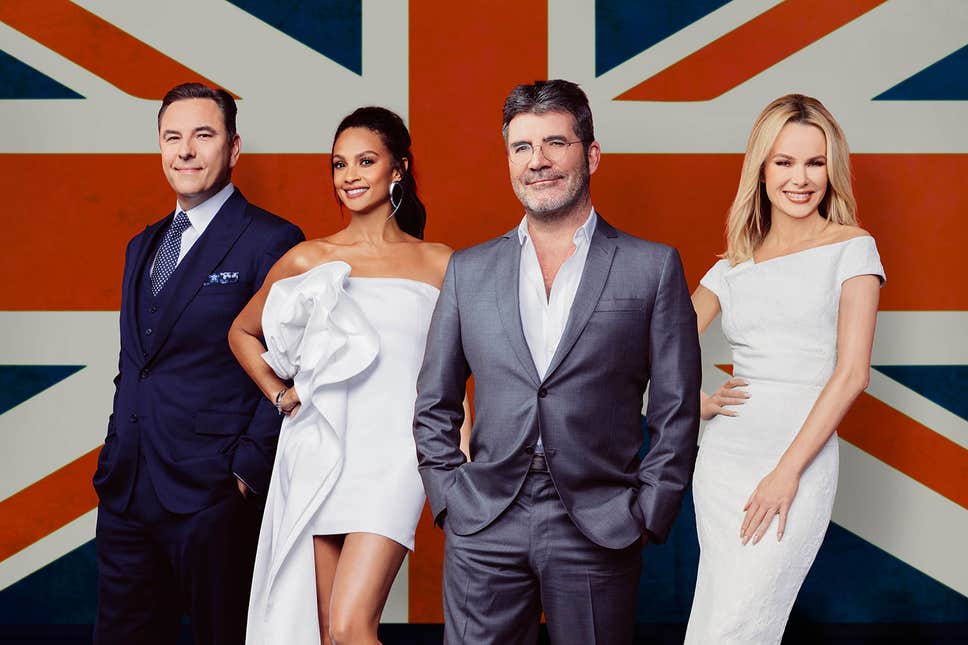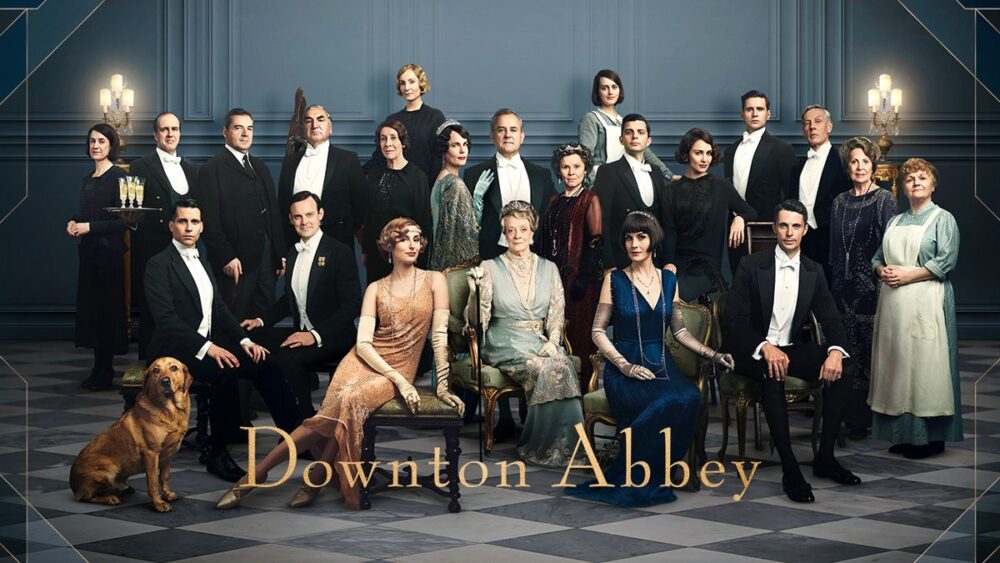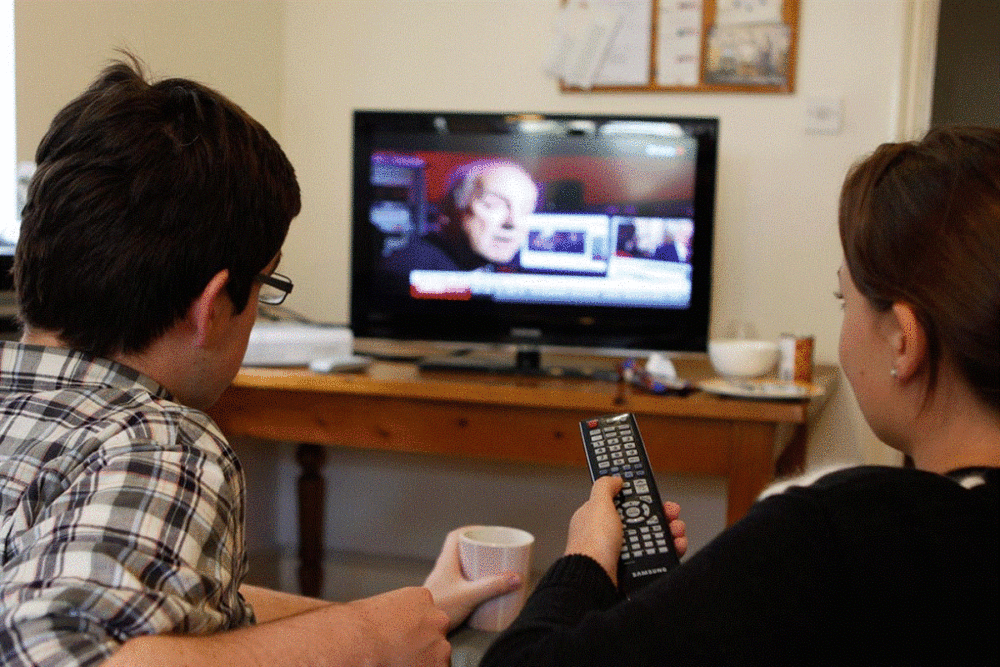
From national treasures like EastEnders to brand new shows such as Love Island, the UK makes a variety of television shows, and it is something that audiences seem to love. Whether it’s a fascination for all things British or the fact that the UK is capable of making really good TV, worldwide audiences seem to lap up what is on offer constantly. The UK TV export industry has made almost £1.5B last year, let’s take a look at how they did that.
When a TV Show Goes International

There are no real set rules as to why a TV show would be popular internationally, but generally, if a programme does well in the UK, then the makers of this show would look to sell it to international markets. The selling of this can be in two ways – they can sell the rights to the show so that the country can make its own version, or they can sell the actual show and people abroad can watch the programme that has already been made. On many occasions, both happen – and we see the likes of Britain’s Got Talent shown in America, as well as America’s Got Talent being made there & shown both in America and the UK as well as the countless countries from around the world also broadcasting the format of this TV talent show for their local audiences.
Social media is great for helping a TV series reach an international audience because once something is popular on Twitter everyone wants to know about it! If people are talking about a programme online and how much they want to see it, that’s an indication to the production company that they should be looking at making it available to an international audience.
How much is the industry generating?
Unsurprisingly, we find that the US is the UK’s most profitable market and in a recent study by online casino Betway, we learn that in 2024 revenue has exceeded £466 million. Furthermore, we can see that the UK TV shows also generate a considerable amount of revenue in two other English-speaking countries in Australia and Canada. Hence why we find that popular UK shows such as Love Island, Married At First Sight and Come Dine With Me are easily adapted to local audiences.
Other notable non-English speaking countries include France which has generated £102 million in revenue and the Nordic market which had spent £77 million.
Which Scripted Shows From the UK Have Done Well?

It will probably come as no surprise that the likes of Doctor Who and Downton Abbey are up there with popular shows from the UK. These are both programmes that everyone talks about when they are on, so it makes sense that they’re also popular abroad. These two programmes alongside Planet Earth make export sales of over £1billion, which is 70% of the UK export sales of TV programmes in total.
The Great British Bake Off, another programme that everyone talks about weeks before it’s due on air and then every week when it is on has been sold to 26 different international markets – another big money earner for people in TV exports.
Other massively popular scripted shows from the UK include Luther, Misfits and Chernobyl.
If we consider Netflix to be a fair indication of the type of TV that international audiences enjoy then we have to include The Office. Last year it was matched for 57 billion minutes, which is plenty of watching hours by anyone’s standards.
Family Shows devised in the UK
It is hard to believe that it is fifteen years ago that ‘Peppa Pig’ series was first aired in the UK, the world-famous pig and her family have since gone on to be a feature in almost every baby and toddler’s upbringings in 170 countries all over the world, generating well over one billion pounds to the production company over the past decade and a half.
Another famous UK children’s series created in the UK was the ‘Teletubbies’, following the characters Tinky Winky, Dips, Laa-Laa and Po that babble their way throughout the show, much like a toddler would do. Originally released between 1997-2001 and just a few years later it has already reached a viewing in 120 countries and in 45 different languages.
Perhaps it is something to do with the Britishness of the shows that is so appealing to audiences from around the world. Either way, shows such as Peppa Pig and Teletubbies will be here to stay as their appeal is so universal and understood by many different cultures from around the world.
The Future of UK TV

Reality TV, especially those where people compete for a prize are massively popular everywhere and this isn’t likely to change anytime soon. Love Island, Married at First Site and even Gogglebox are all massively popular with a range of audiences. The UK will likely continue to make great TV like this & export it internationally; possibly using social media and things like Netflix viewing figures to gauge what might do well with an audience outside of the UK.
As for Love Island, although it is meant to be unscripted some viewers may dispute this. This reality TV show’s format is largely based on the original show ‘Big Brother’. The show features cameras following every contestants’ moves in an isolated villa, which does ever so well to engage its viewers on multiple social media platforms with Twitter and Instagram being its main source of audience engagement.
Therefore, it is hardly a surprise that shows such as Love Island rely on drama to be unfolded during the course of a show’s airtime which lasts a few months at a time. Added to that the extensive revenue that is made from selling merchandise that is advertised by the contestants throughout the show from named bottles and clothes, the captive audience will often want to spend money to try and emulate their favourite contestants. All this without even factoring in the millions earned via traditional TV advertising that is sold throughout the show in the many Ad breaks as well this year’s smart TV pop up ads and you get a well-oiled money-making machine that is sought to be duplicated in other parts of the world.








